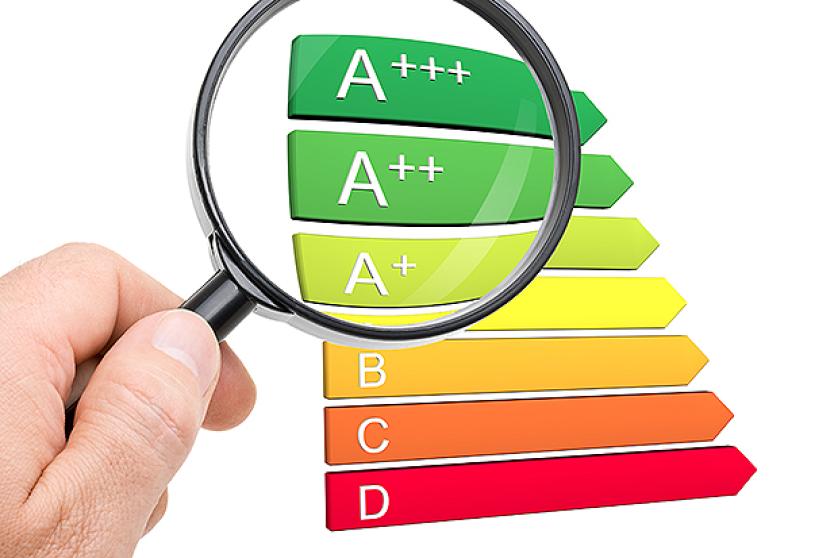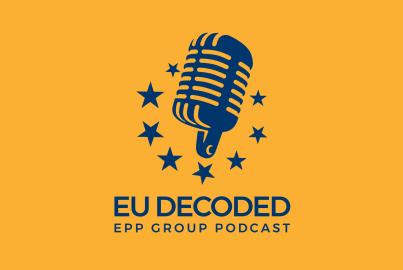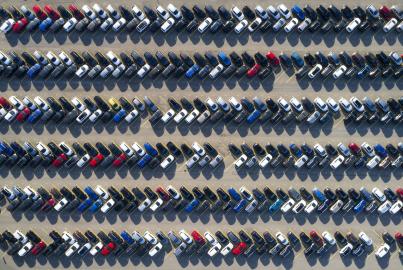New and sensible energy labels will help consumers
Other related content
Read more
Read more
Keep it simple! A path to greater efficiency
11.03.2025
Read more
Read more
Turning the EU into an economic powerhouse
04.03.2025
Read more
Read more
Lower energy taxes
26.02.20256 / 54








